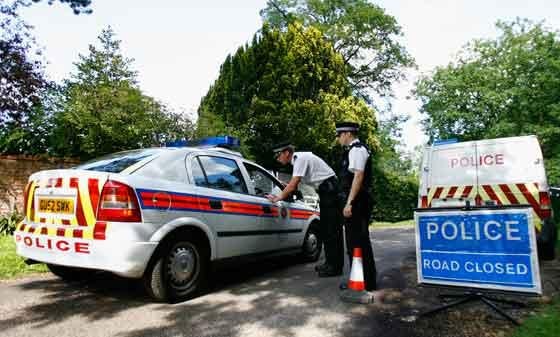
The European Court of Human Rights has ruled that police stop and search powers under UK terrorism laws breach the European Convention on Human Rights following a test case brought by a journalist.
The right to question people without grounds for suspicion – granted by the Terrorism Act of 2000 – violated Article 8 of the Convention, which guarantees the right to respect for privacy and family life, said the court.
The case could have major repercussions for photographers who have complained about police using the act to search them and then stop them from taking pictures at a large number of public locations.
Kevin Gillan and journalist Pennie Quinton were both searched on the same day at the Defence Systems and Equipment International Exhibition at the Excel Centre in Docklands, London.
They challenged the legality of stop and search powers, but both the High Court and the Court of Appeal said the powers were legitimate given the risk of terrorism in London.
The European Court of Human Rights disagreed, saying in its judgment that it “considers that the powers of authorisation and confirmation as well as those of stop and search under sections 44 and 45 of the 2000 Act are neither sufficiently circumscribed nor subject to adequate legal safeguards against abuse.
“They are not, therefore, ‘in accordance with the law’ and it follows that there has been a violation of Article 8 of the Convention.”
The judgment said the pair: “…were obliged to remain where they were and submit to the search and if they had refused they would have been liable to arrest, detention at a police station and criminal charges. This element of coercion is indicative of a deprivation of liberty.”
The European Federation of Journalists (EFJ) today welcomed the victory of National Union of Journalists member Quinton , who was represented in court by the pressure group Liberty.
EFJ President Arne König said: “This important judgment strikes a major blow for media freedom across Europe – showing that the random stop and search used against journalists is illegal.
“Particular photographers are hindered from carrying out their work and document news events, this is in our view a form of censorship. The court has agreed with us that such powers of the police are being abused.”
Email pged@pressgazette.co.uk to point out mistakes, provide story tips or send in a letter for publication on our "Letters Page" blog

